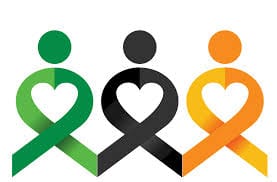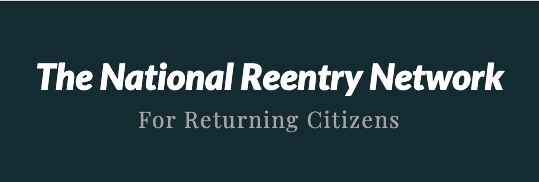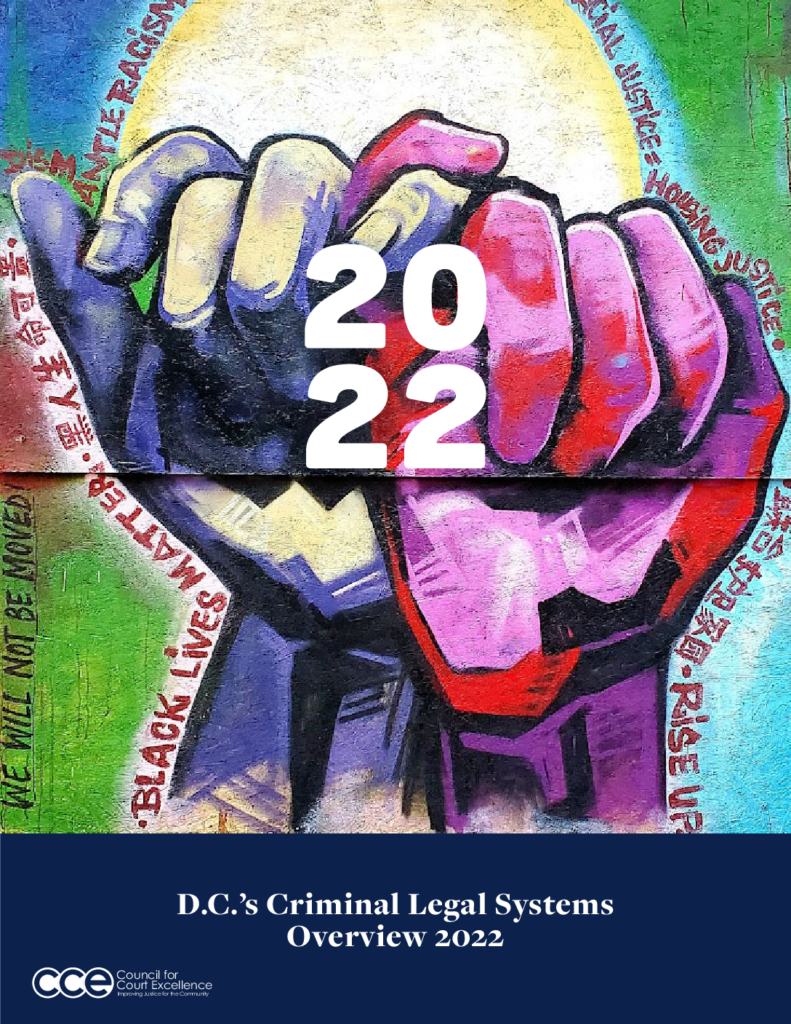
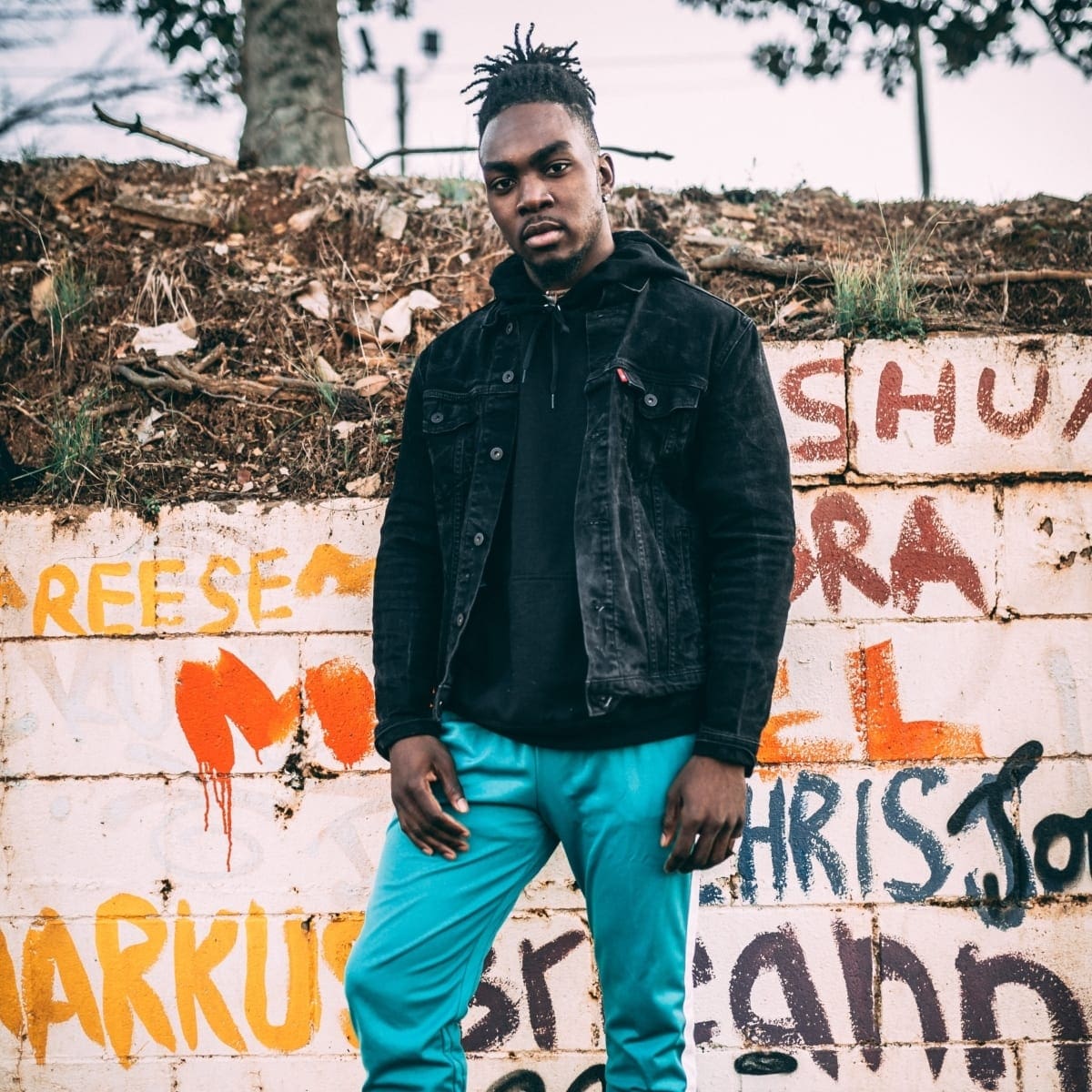
Georgia
In Georgia, more than 525,000 people are incarcerated, on probation, or parole. One out of every 18 adults is under some form of correctional supervision, the highest rate in the country. Black men are five times more likely than white men to be stopped by the police, arrested, denied bail, and charged with serious crimes. While Black people make up 31 percent of Georgia’s population, they comprise 58 percent of the State’s jail and prison population.
Georgia has a strong network of organizations to drive change and advocate for reforms. Between 2011 and 2018, systems stakeholders who were part of the Criminal Justice Reform Council passed adult and juvenile justice reforms. They continue to work to end the practice of trying, sentencing, and incarcerating youth in the adult criminal justice system.
Jackson, Mississippi
Mississippi consistently ranks among the nation’s top incarcerators. Hinds County – home to Jackson – is a top contributor to institutional custody. A 2015 civil rights investigation into the Hinds County Jail found rampant violence by guards, staff shortages, and that the County routinely held inmates beyond their release dates. A Federal Judge recently found that the County was out of compliance with its consent decree and mandated an emergency plan to improve conditions at the jail.
Despite challenges, advocacy groups and community-led organizations are building on Jackson’s rich history of organizing. A local coalition of advocates has formed, and is pushing for decarceration, humane prison conditions, and community-centered solutions to public safety.
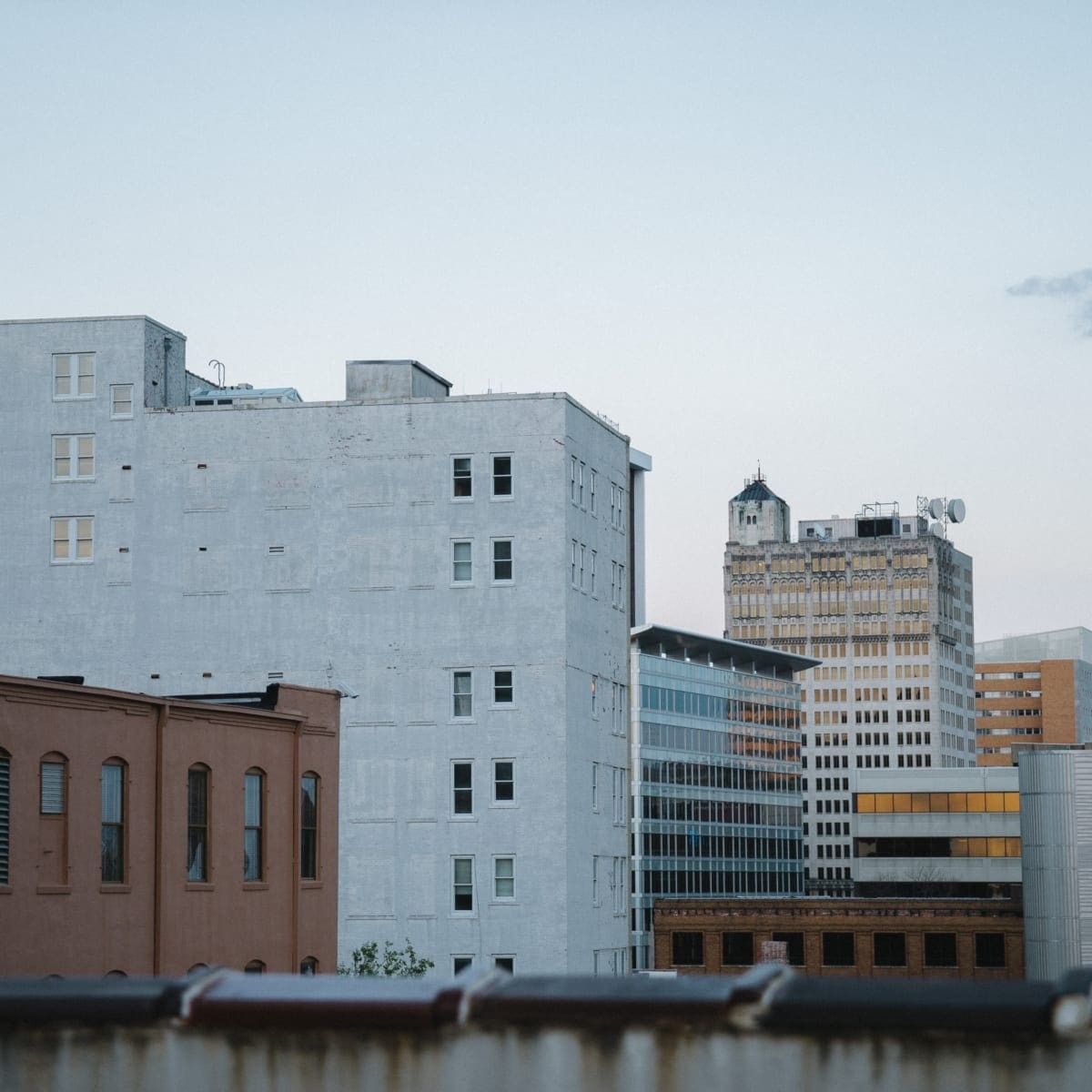
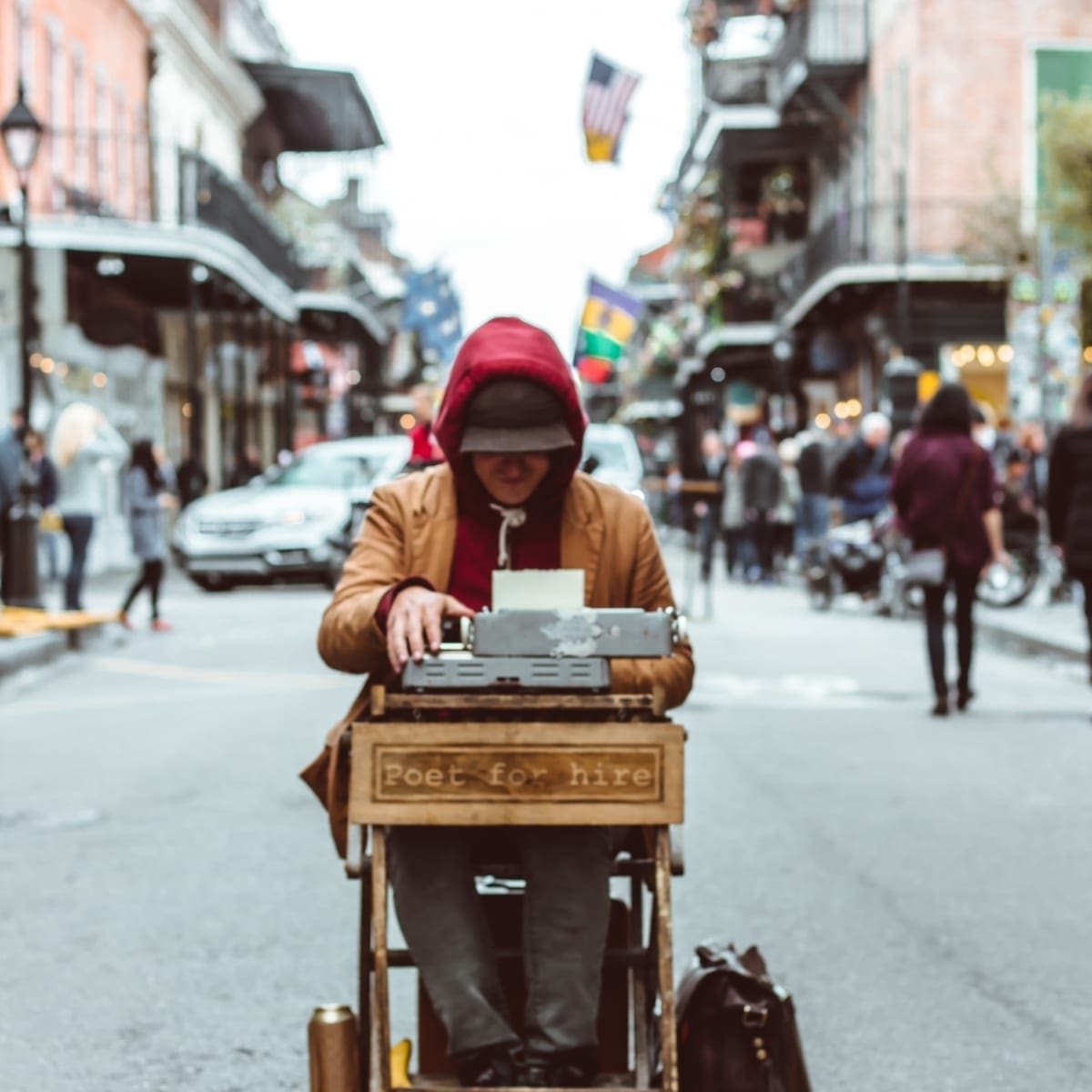
Louisiana
Louisiana is the Nation’s top incarcerator, standing neck and neck with Oklahoma. And while it over incarcerated people for nonviolent offenses, the main driver for Louisiana’s staggering incarceration rate is its lengthy sentences and parole periods. Fifteen percent of incarcerated people in Louisiana are serving life sentences without the possibility of parole. Louisiana is also facing a pivotal moment in youth justice. While Raise the Age reforms are set to be implemented, there have also been other steps backwards.
Louisiana enacted a series of reforms in 2017 projected to reduce the prison population by 10 percent in the upcoming years. State lawmakers also committed to reinvesting 70 percent of the savings into re-entry programs for youth and adults. There are strong local organizations on the ground that have earned community trust and have developed effective models but need further resourcing.
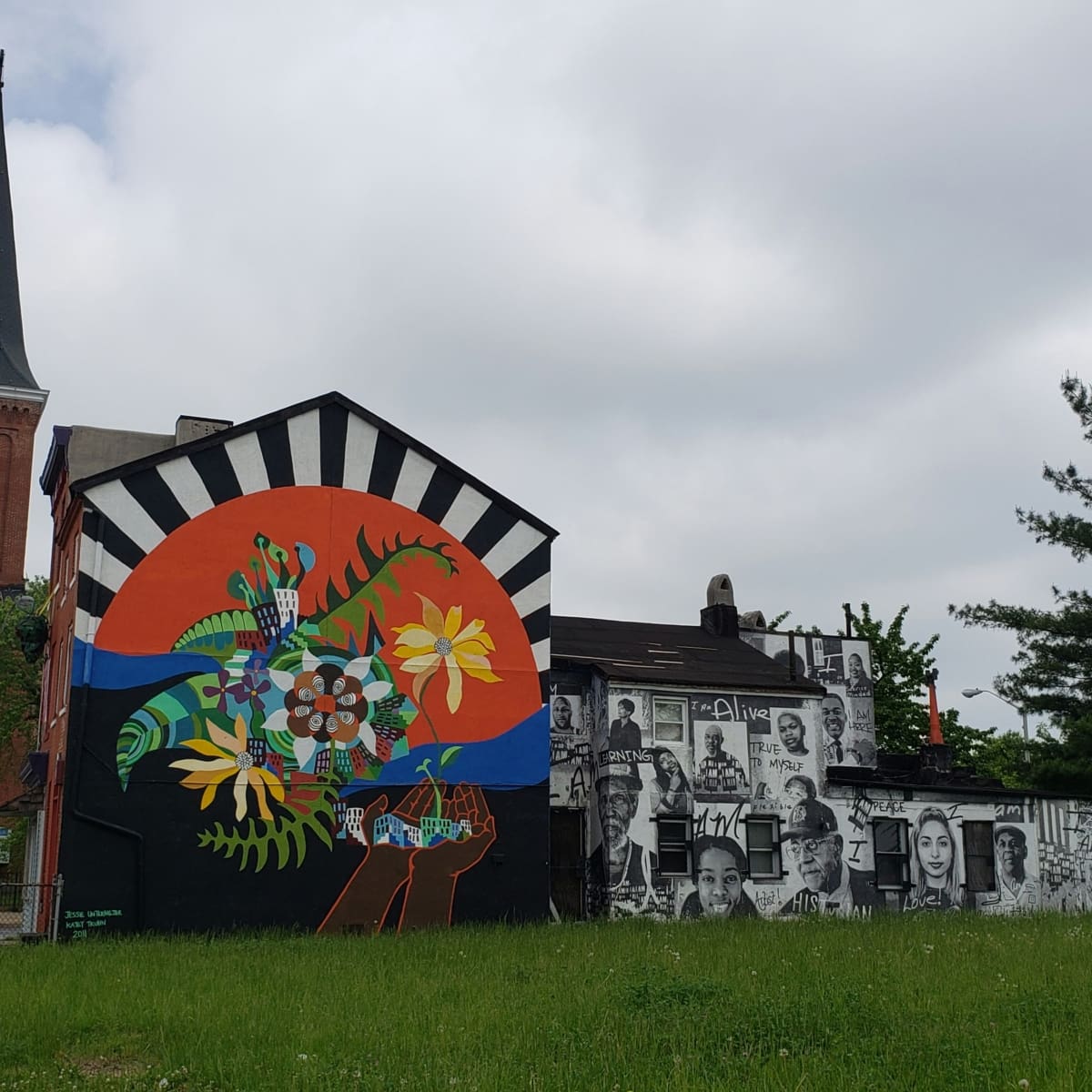
Maryland
Despite recent reforms, Maryland’s criminal justice system is plagued with deep racial disparities. Black residents make up 29.5 percent of the state’s population, but they represent 71 percent of the prison population. Those racial disparities are mirrored in the state’s youth justice system, where 17-year-olds are detained in adult jails pending trial and can be charged as adults. In 2023, approximately 83 percent of 17-year-olds charged as adults were Black. A 2023 study also revealed that Maryland has spent about $81.2 million since 2009 to settle lawsuits related to police misconduct, ranking fourth in the nation for settlements of this kind.
Maryland has attempted reforms in recent years, but with its strong base of organizers, advocates, and community members, more can be achieved. Their ideas, paired with public officials’ willingness to listen and engage, have the potential to shift the tides in Maryland’s criminal justice system.
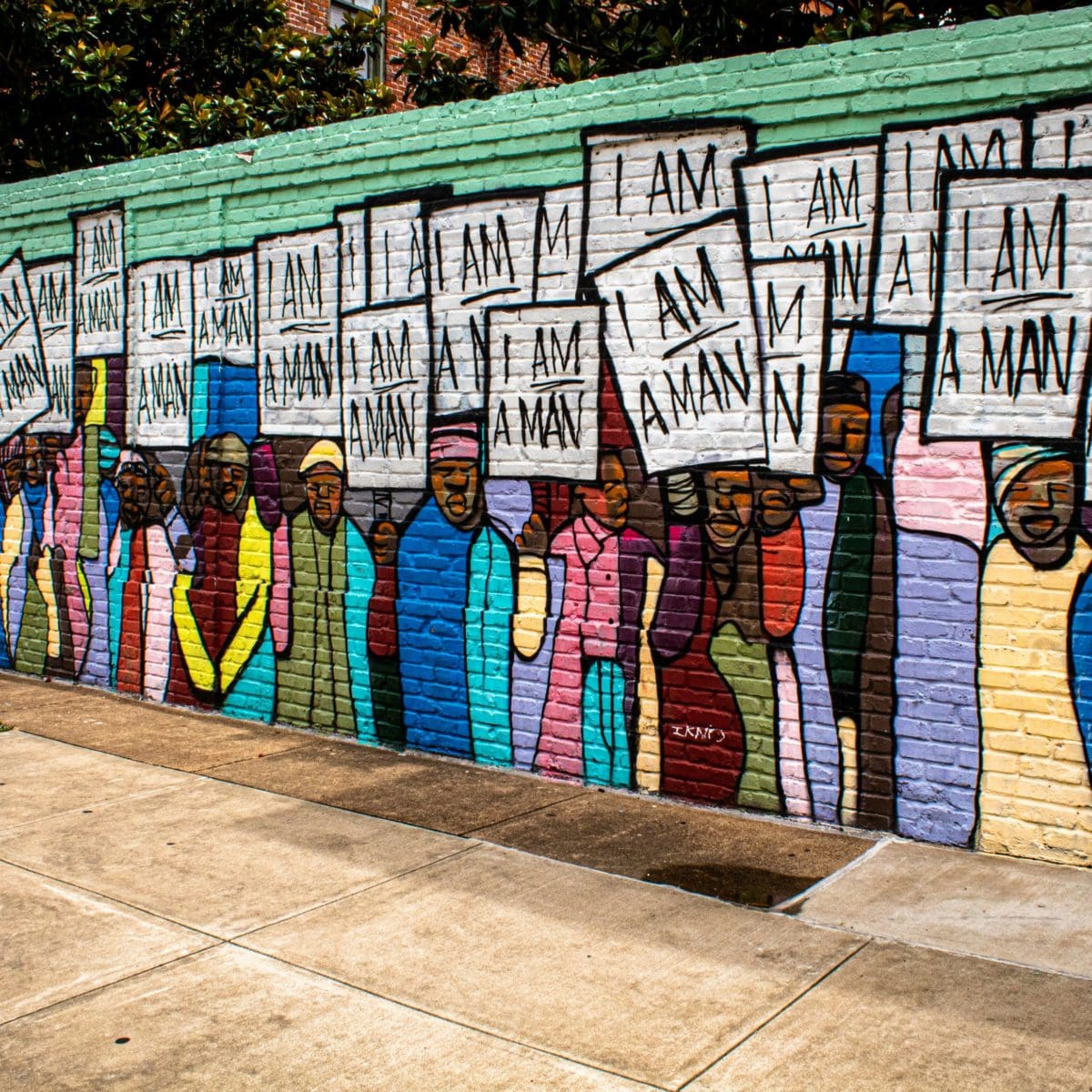
Tennessee
Tennesse holds the nation’s eighth highest incarceration rate. Black people comprise 17 percent of Tennessee’s population but 44 percent of its incarcerated population. While comprising 21 percent of all Tennessee youth aged 10-17, Black youth are 59 percent of those detained in the state’s detention centers and 85 percent of transfers to adult courts. Deep systemic issues, including poverty, underperforming schools, and a broken justice system are some of the ingredients that have led to these statistical realities.
But Tennessee, often described as three separate states with distinct geological characteristics, has a powerful emerging network of formerly incarcerated leaders and local transformative activists and organizations. Together, they can create an effective statewide coalition and network of support to seed a transformative vision of justice.
Washington, D.C.
Washington, D.C. has many governance and structural traits that make it unique nationally, but it is these same traits that make it particularly challenging when it comes to the administration of justice.
D.C. is one of the heaviest policed cities in the country; racial disparities permeate every point of the system; and there is a growing need to address the intersection of violence and incarceration among D.C.’s young adult population. Yet the city is ripe for reform, offering policymakers with a willingness to test new solutions and proposed practices that could shift how the community responds to its young adults.
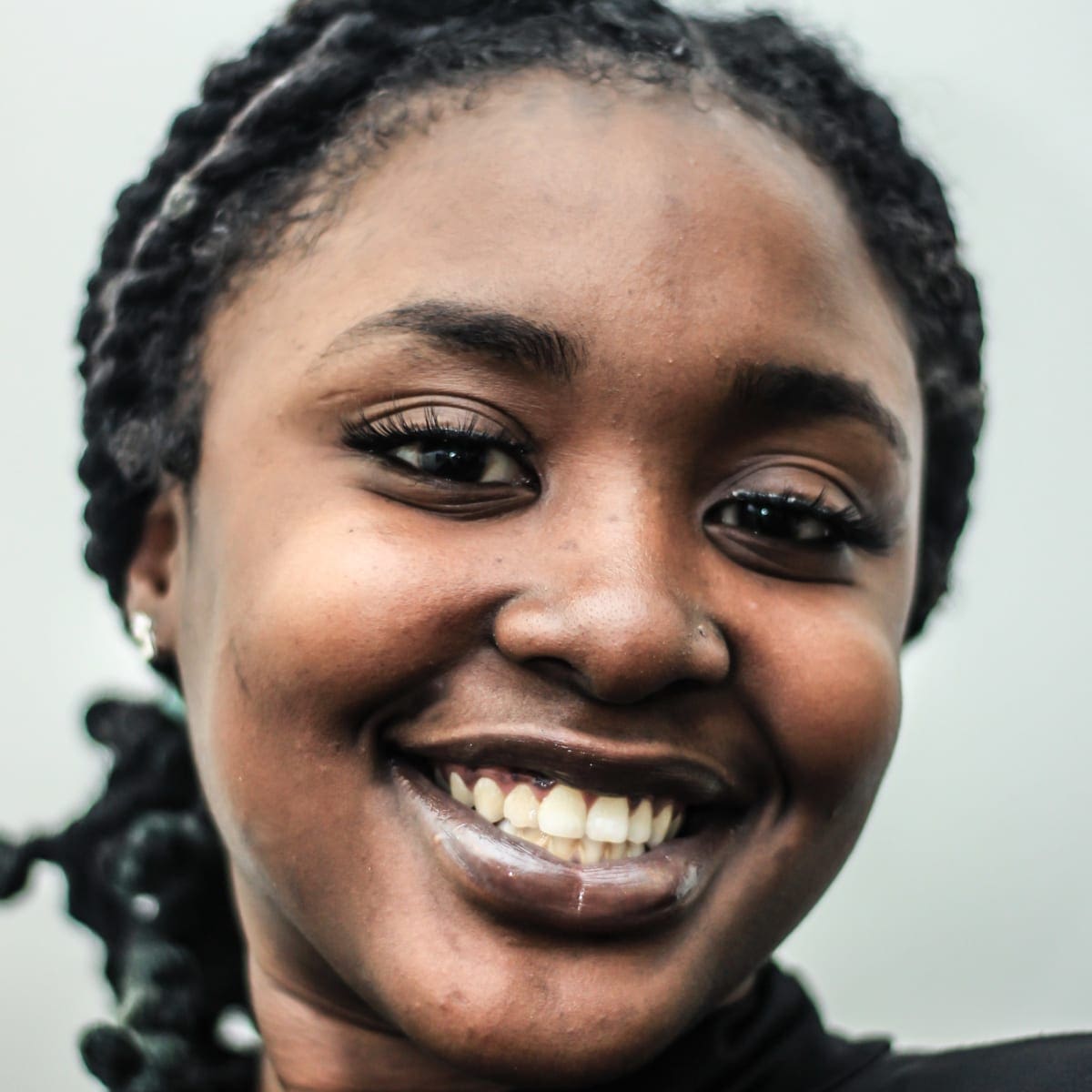
Organizations Working for Justice Reform in the South
Peoples Advocacy Institute
The People’s Advocacy Institute leads justice-oriented efforts through deep community work and a focus on activating community members directly impacted by police violence, mass incarceration and failed community safety efforts that criminalize rather than cultivate and restore community.
National Reentry Network for Returning Citizens
The National Reentry Network for Returning Citizens addresses the needs of justice-involved citizens in the District of Columbia, and builds a strong local network of individuals returning from incarceration. NRNRC delivers a range of supports to address barriers to reentry, promote restorative practices, reduce recidivism, and uplift and organize the community of returning citizens in neighborhoods most impacted by incarceration.
Deep Center
Deep Center empower Savannah’s young people to thrive as learners, community leaders, and agents of change. Deep creates platforms for the city’s youth and the village of support around them to share stories, engage in debates, and make Savannah a more just and equitable place.
Promise of Justice Initiative
The Promise of Justice Initiative advocates for humane, fair, and equal treatment of individuals in the criminal justice system.
Scroll through our grants database for details about local investments.
